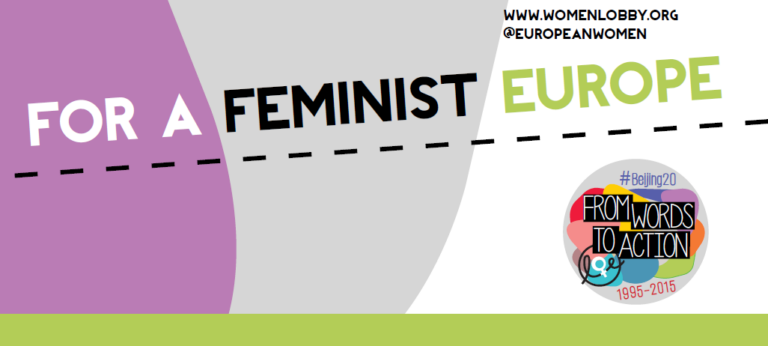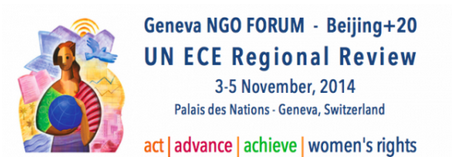[Brussels, 1 August 2011] A report published by UN Women argues that in many countries the “infrastructure of justice—the police, the courts, and the judiciary—is failing women” and needs to be reformed to provide legal support that serves women’s needs.
The report, published in July 2011 and entitled “Progress of the World’s Women: In Pursuit of Justice”, outlines the following 10 recommendations that hold immense potential to increase women’s access to justice and improve gender equality:
1. Support women’s legal organizations: In many countries where government-funded legal aid is limited, women’s legal organisations are one of the only sources women have to get legal advice and use the legal system to protect themselves and their rights. Women’s legal organisations are also transforming the legal landscape by pushing reform efforts and championing strategic litigation cases.
2. Implement gender-sensitive law reform: Gender-sensitive law reform demands that action is taken to repeal laws that explicitly discriminate against women, to extend the rule of law to the private domain, and to address the actual impact of laws on women’s lives. The report cites the Convention on the Elimination of All Forms of Discrimination Against Women (CEDAW) as a “gold standard” for gender-sensitive legal reform, but highlights that it remains one of the UN treaties with the highest number of reservations. The report calls on UN Member States to accept all provisions of the convention, especially “Article 16,” which guarantees women’s rights within marriage and the family.
3. Bring vital services under “one roof” to avoid cases from being dropped: Governments should improve the “justice chain”—also known as the series of steps that a women must take to seek justice—or continue to see high levels of cases be dropped as they move along the justice system. One way to reduce attrition is to create “one-stop shops,” where vital services are provided. For example, Thuthuzela Care Centres in South Africa aim to address the medical and social needs of sexual assault survivors, reduce secondary victimization, and improve conviction rates by providing emergency medical care, counseling, and court preparation.
4. Put women on the front line of law enforcement: Employing more women on the front line of justice service delivery is necessary to help increase women’s access to the justice system. In particular, it is an essential investment to employ more women police officers and create well-staffed and resourced gender desks.
5. Invest in women’s access to justice: Making justice systems work for women requires reversing the trend of low targeted funding or aid for legal programs focusing on gender equality.
6. Train judges and monitor decisions: Track judicial decision making at the national level to ensure accountability to women seeking justice and to enable civil society organisations to monitor the application of laws. Offering specialised training to judges can also help build commitment to gender equality.
7. Increase women’s access to courts and truth commissions during and after conflict: International courts should prioritise gender-based crimes in their prosecution strategies. In addition, women should play a central role in defining the scope and purpose of all post-conflict justice mechanisms, such as truth commissions.
8. Implement gender-responsive reparations programs: Governments and the international community should establish reparations programs that account for all forms of sexual and gender-based violence. They should also include reparations at the individual, community, and symbolic level to help victims recover losses and have their suffering recognised.
9. Use quotas to boost the number of women legislators: The report states that quotas for boosting the number of women legislators are often correlated with the passage of progressive laws on land rights, violence against women, health care, and employment.
10. Put gender equality at the heart of Millennium Development Goals: Governments should scale up investment and action on the gender equality dimensions of the eight MDGs to address widespread inequality and accelerate progress toward the goals.
The full report is available here:[ http://progress.unwomen.org/pdfs/EN-Report-Progress.pdf-> http://progress.unwomen.org/pdfs/EN-Report-Progress.pdf
]
More information about UN Women can be found at: [http://www.unwomen.org/->http://www.unwomen.org/
]


